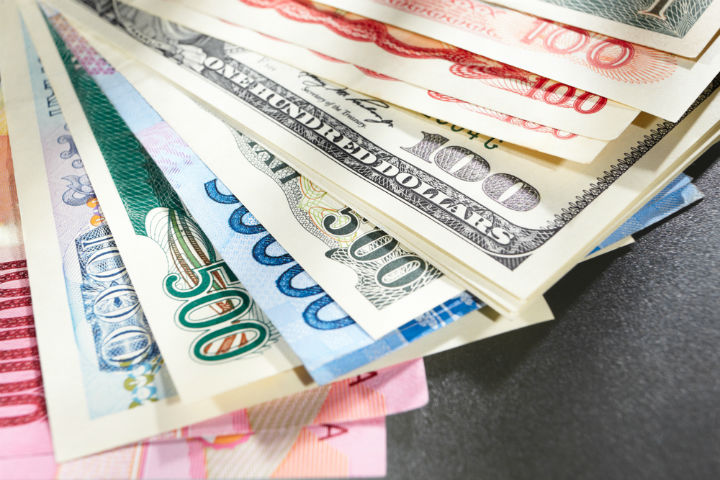Bank Indonesia and the Indonesian National Police (POLRI) have marked 47 out of 70 non-bank money changer businesses in Bali as illegal. Okezone reported that the money changers have been operating without legal permission and authorities will soon take action to curb their negative effects.
“We will continue to curb this kind of business in Bali,” said Bali representative of Bank Indonesia Causa Iman Karana.
According to another report by Okezone, 92 percent of money changers in Indonesia are run personally and without proper licenses. This means that most money changers in the archipelago are in fact doing business illegally.
Previously, the central bank gave the nation’s unlicensed money changers until April 7, 2017 to make their businesses legal. After that date, money changers that did not take the necessary steps would be considered in violation of the law. Despite the process being free and relatively simple, many money changers in Indonesia did not acquiesce.
“People often think that taking care of legal permissions for business is really tiring and troublesome even before they try to do it. It’s actually really simple in reality. We even spoke with locals about this several times,” explained Karana.
There will be no postponement regarding the due date to take care of legal documents for the nation’s money changers. Those considered illegal will now be labeled with a prominent, physical sticker that shows their business is unlicensed. Officials say they will take further action if proprietors take off or damage the sticker, treating it as criminal act.
Not just in Bali, the central bank found 783 illegal money changers in total, scattered across Indonesia. The sweep was one of the government’s actions supposedly designed to protect consumers from illegal money changer scams and ultimately being overcharged.
“It’s been regulated that this kind of business can’t be run by an individual. They need to be a legal entity and have clear information about who will be responsible if something happens,” Executive Director of Bank Indonesia’s Payment System Policy and Control Eni V Panggabean said as quoted by Okezone.
Illegal money changers most often avoid taxation but also inflict financial loss on the public. This is particularly true of foreign tourists and expats who usually can’t tell the difference between a legal and illegal money changer in Indonesia.
The government hopes that by identifying illegal money changers, it can curb the negative effects of scams and financial trickery for the public.
See: Elaborate Blackjack Scam Targets Unwary Expats
Image credits: PBS Exchange




